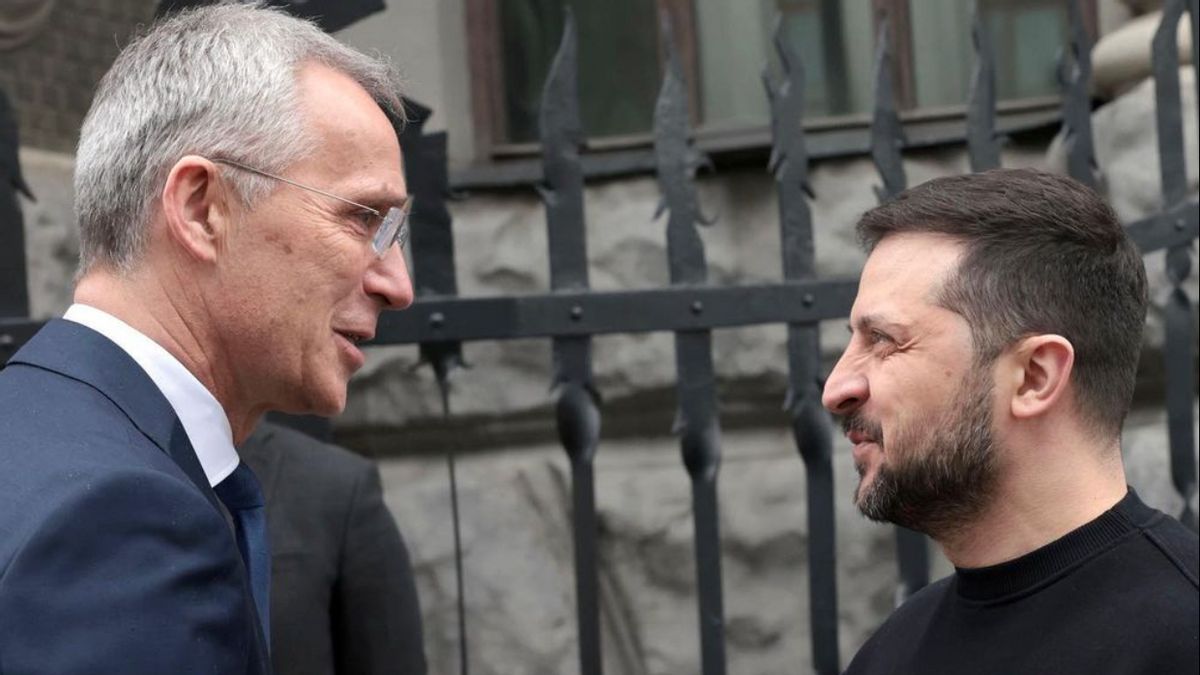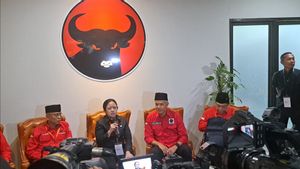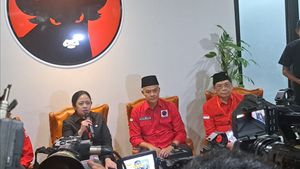Secretary General of the North Atlantic Treaty Organization (NATO) Jens Stoltenberg said the attack on the Kakhovka Dam in southern Ukraine was a heinous act.
Stoltenberg said on Twitter quoted by ANTARA, Tuesday, June 6, the attack "proves once again the atrocities of Russia's war in Ukraine."
He said the destruction of the dam had "placed thousands of civilians in danger and caused severe environmental damage."
The explosion at the Kakhovka Dam in the Kherson region, southern Ukraine caused flooding on Tuesday, June 6.
The 30-meter-high and 3.2-kilometer-long dam was built in the era of the Soviet Union in 1956 on the Dnieper River as part of the Kakhovka Hydroelectric Power Plant. The dam also has a reservoir of 18 cubic kilometers.
Moscow and Kiev have accused each other of being responsible for the attack.
European Council President Charles Michel said he was surprised by the "unprecedented" attack.
Michel called the destruction of civilian infrastructure fall into the category of war crimes. Therefore, he said he would hold Russia accountable and its proxies accountable.
There is no security risk for PLTN
The International Atomic Energy Agency (IAEA) said on Twitter that it was "observing reports of damage" at the Kakhovka Dam providing water to cool reactors at the Zaporizhia Nuclear Power Plant (PLTN), which is Europe's largest nuclear power plant.
"The IAEA experts at the Zaporizhzhya Nuclear Power Plant are monitoring the situation; there is no direct nuclear security risk at the plant," the IAEA said.
また読む:
Ukrainian Prime Minister Denys Shmyhal said on Twitter that there is a possibility of dam damage could pose a threat to the south of Ukraine. He urged Russia to withdraw from the Zaporizhzhia nuclear power plant.
Meanwhile, Russian energy company Rosatom said on Telegram that "there is currently no threat to the security" of the plant.
Renat Karchaa, a representative of Rosatom at PLTN Zaporizhia, told Russian media that experts at PLTN will make compensation, in accordance with applicable regulations, due to the decline in the water surface of Kakhovka Reservoir
The English, Chinese, Japanese, Arabic, and French versions are automatically generated by the AI. So there may still be inaccuracies in translating, please always see Indonesian as our main language. (system supported by DigitalSiber.id)















